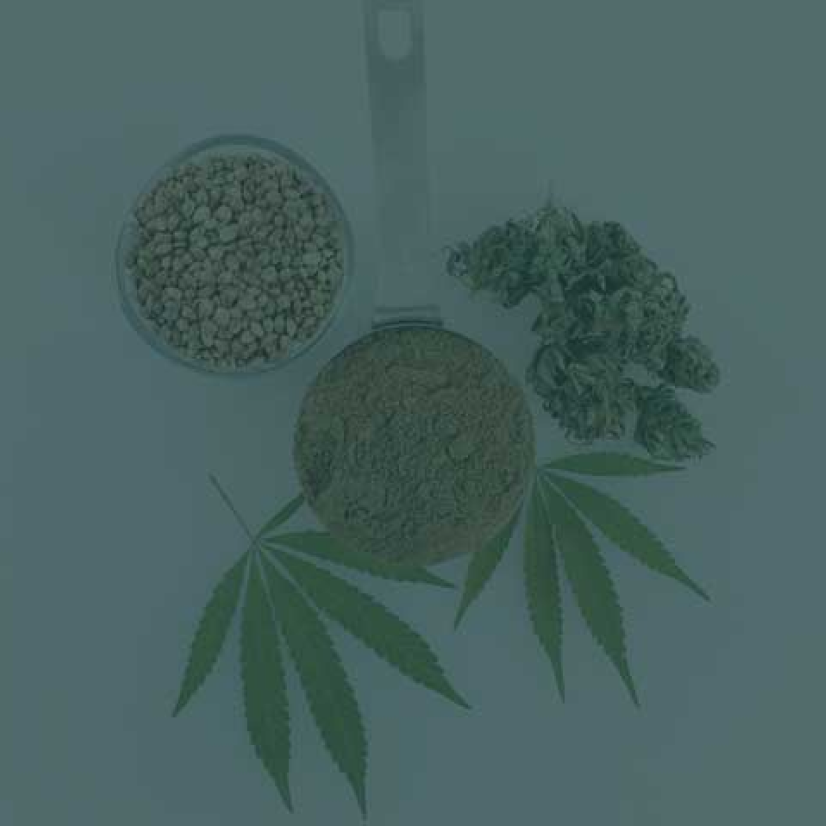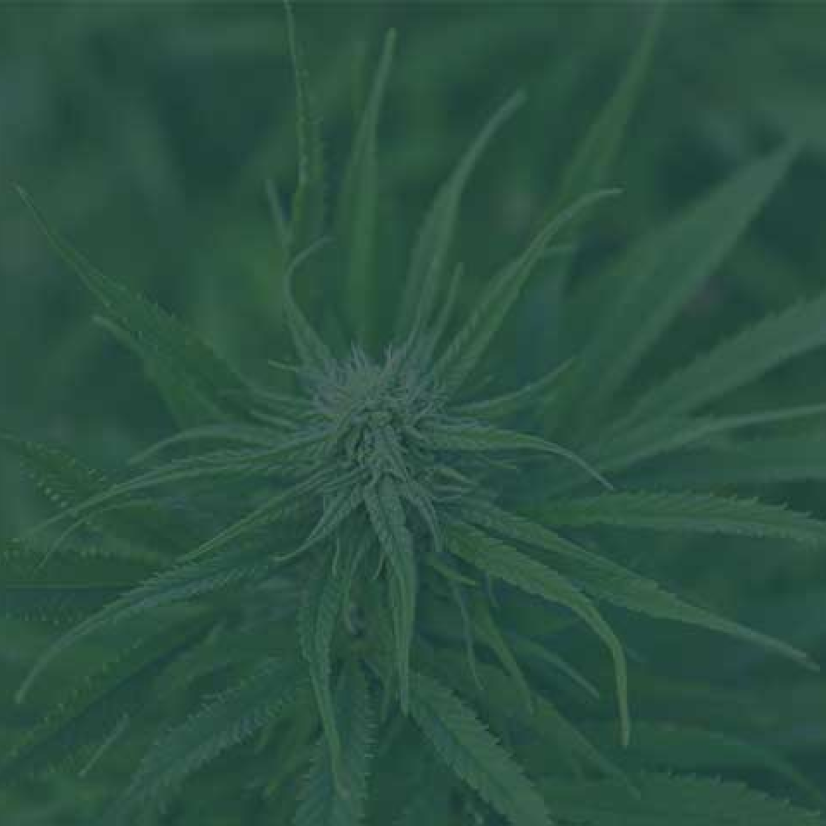Hemp plays a crucial role in a balanced plant-based diet, offering a powerhouse of nutrition that complements other plant-based foods. Here’s how hemp fits into and enhances a plant-based lifestyle:
1. High-Quality Plant Protein
Hemp seeds are one of the few complete plant-based protein sources, containing all 9 essential amino acids. This makes them ideal for meeting protein needs in a plant-based diet without relying solely on legumes or soy products. Their digestible protein content, particularly the proteins edestin and albumin, supports muscle maintenance, repair, and overall growth.
Why it's important:
- Plant-based diets can sometimes lack easily accessible, complete protein sources, especially for those avoiding soy or processed protein powders.
-
10 grams of protein per 3 tablespoons makes hemp an easy addition to meals to meet daily protein requirements.
2. Balanced Omega Fatty Acids
Hemp seeds have an optimal omega-6 to omega-3 ratio of 3:1, which helps reduce inflammation, improve heart health, and support brain function. They also contain gamma-linolenic acid (GLA), a rare fatty acid known to help regulate hormones and combat inflammation.
Why it's important:
- Many plant-based diets rely on nuts and seeds like sunflower or sesame, which are high in omega-6 but lack omega-3s. Hemp balances this out perfectly.
3. Rich in Essential Micronutrients
Hemp seeds are nutrient-dense, offering:
-
Magnesium: Supports muscle and nerve function.
-
Iron: Helps prevent anemia, a common concern for those on plant-based diets.
-
Zinc: Boosts immune health.
-
Phosphorus: Promotes strong bones and teeth.
Why it's important:
- Plant-based eaters often need to be mindful of these nutrients, as they can be less abundant or harder to absorb from other plant-based foods.
4. A Great Source of Fiber
Hemp seeds, particularly the whole seeds with hulls, are rich in fiber, promoting digestive health, regulating blood sugar, and improving satiety. While shelled hemp seeds (hemp hearts) are lower in fiber, they still provide some dietary benefit.
Why it's important:
- Fiber is a cornerstone of plant-based diets, but variety is key. Hemp can contribute to a balanced fiber intake alongside fruits, vegetables, legumes, and whole grains.
5. Versatility in Plant-Based Cooking
Hemp seeds and hemp-derived products are incredibly versatile:
-
Hemp Hearts: Add to smoothies, salads, oatmeal, or yogurt.
-
Hemp Protein Powder: Use in shakes or baked goods as a clean protein source.
-
Hemp Oil: Drizzle over vegetables, grains, or salads for a nutty flavor and a boost of healthy fats.
-
Hemp Milk: A dairy-free alternative rich in nutrients and low in allergens.
Why it matters:
- Incorporating hemp into everyday meals helps diversify nutrient sources and avoids reliance on processed vegan products.
6. Sustainable and Eco-Friendly
Hemp cultivation has a low environmental impact, making it an excellent choice for eco-conscious individuals on a plant-based diet. It grows quickly, requires little water, and improves soil health, aligning perfectly with the ethics of sustainability in plant-based living.
7. Complements Other Plant-Based Staples
Hemp seeds work well with other plant-based foods to ensure a well-rounded diet. For example:
- Pair hemp seeds with quinoa or lentils for a meal rich in diverse amino acids.
- Use hemp milk alongside fortified cereals or oats for added protein and creaminess.
- Blend hemp protein powder with fruits and leafy greens for a nutrient-packed smoothie.
Key Benefits of Hemp in a Balanced Plant-Based Diet
- Fills nutritional gaps (e.g., complete protein, omega-3s, iron, magnesium).
- Supports heart, brain, and hormonal health.
- Easy to incorporate into meals and snacks without extensive preparation.
- Provides sustainable, nutrient-dense alternatives to processed plant-based foods.

